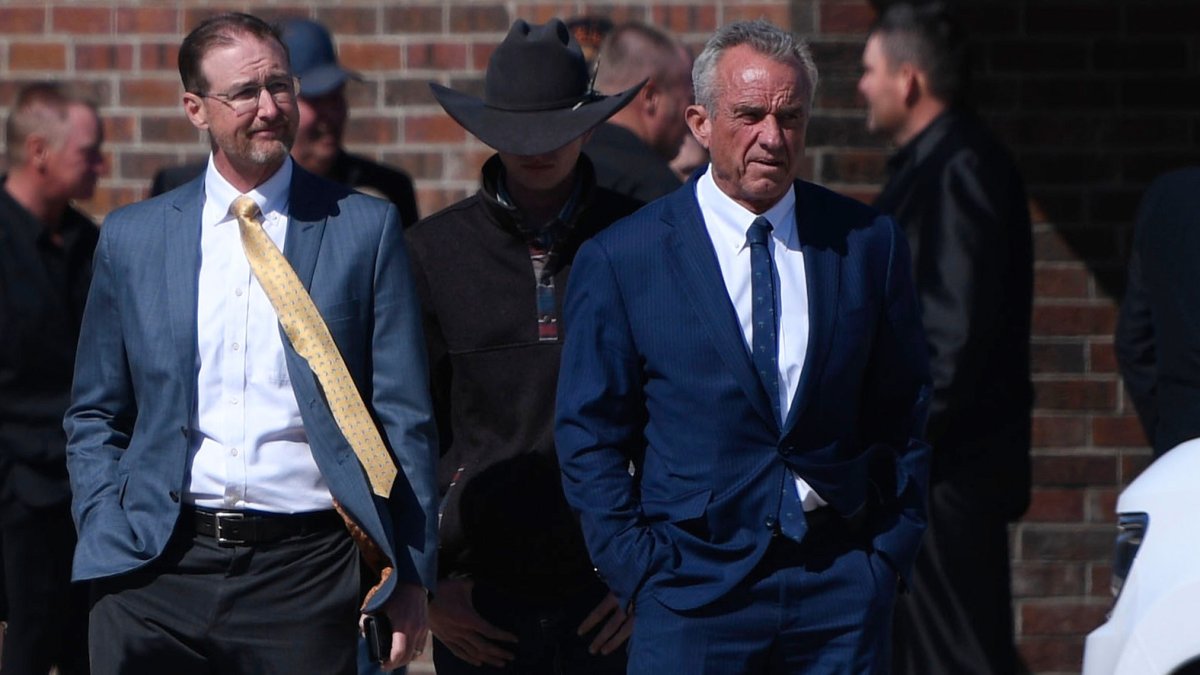Measles Crisis Deepens: RFK Jr. Confronts Texas Outbreak After Child Fatality

In a poignant moment of reflection, HHS Secretary Robert F. Kennedy Jr. arrived on the same day a community mourned the loss of a second unvaccinated child who tragically succumbed to a devastating measles-related illness. The somber visit underscored the critical importance of vaccination and public health awareness, highlighting the potential consequences of preventable diseases.
